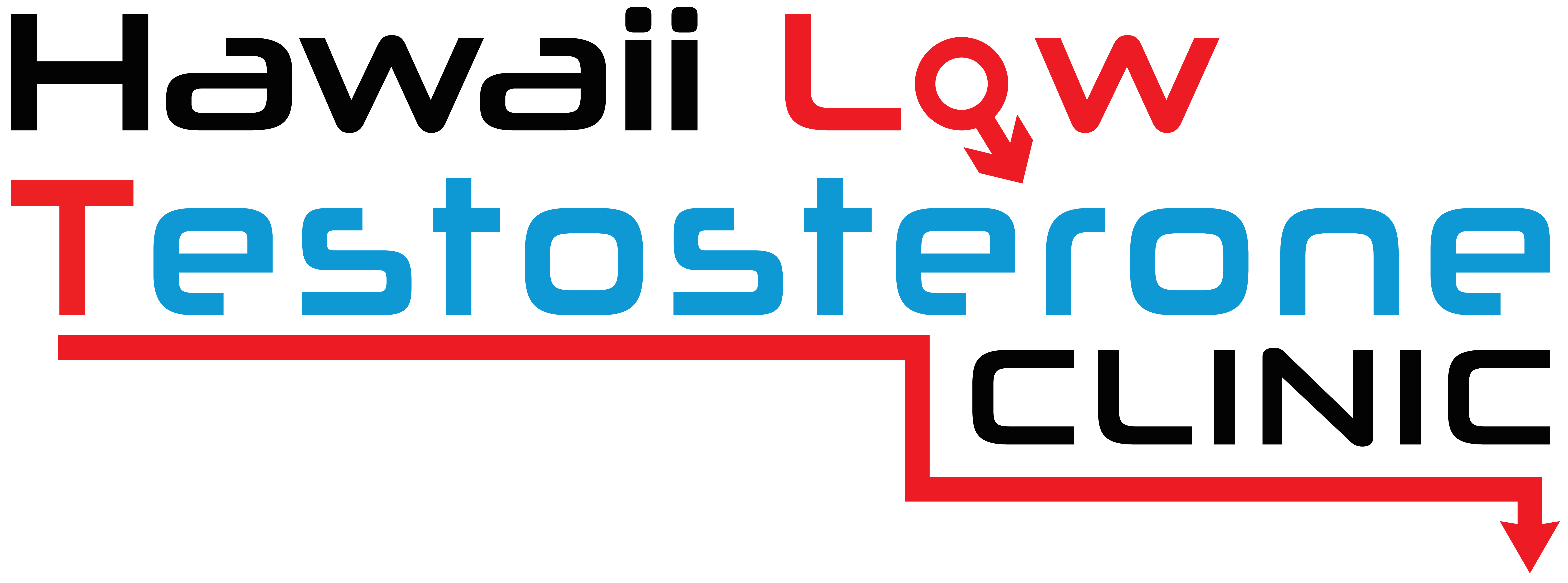Low testosterone clinical studies have shown that testosterone replacement therapy may be beneficial for men who have been diagnosed with hypogonadism. Some of the benefits of TRT include: improved sex drive and sexual performance, mood, mental clarity, muscle mass, bone density, and red blood cell production. But there are still debates regarding what should be counted as low testosterone, when testosterone therapy should be considered or what the risks are. Whether or not TRT contributes to prostate cancer has been a subject of debate.
Symptoms of Low Testosterone
One of the more prominent symptoms of low testosterone is low sexual desire or decreased libido. Another can be erectile dysfunction. If you are experiencing ED it is an excellent idea to get your testosterone level checked. Other symptoms include: difficulty achieving orgasm, less-intense orgasm, decrease in seminal fluid upon ejaculation, and a feeling of numbness inside the penis when seeing or experiencing something that would normally be sexually stimulating.
Types of Testosterone Replacement Therapy
There are several different types of TRT available on the market today with varying degrees of efficacy. The oldest form is injection. It is still widely used because it is cheap and sees results. The patch is another form but it has been known to cause skin irritation. Another is a topical gel. You administer this yourself by rubbing it on your shoulders or upper arms. Depending on absorption rates, it may be the least invasive of your options but it doesn’t work for 15 to 20 percent of men.
Endocrine Society Recommendations
The Endocrine Society is the world’s biggest, most involved and established organization dedicated to research on hormones and the clinical practice of endocrinology and metabolism. The Endocrine Society recommends testosterone therapy for men who have both low levels of testosterone in the blood (under 300 ng/dl) in combination with symptoms of low testosterone.
Who Should Not Get Testosterone Replacement Therapy
TRT is not for everyone. The Endocrine Society recommends that therapy should not be attempted by anyone with prostate or breast cancer, a prostate nodule, a PSA greater than 3 ng/ml without further evaluation, hematocrit greater than 50% or thick, viscous blood, untreated obstructive sleep apnea, severe lower urinary tract symptoms and/or class III or IV heart failure.
Benefits of TRT
Some clinical studies looked at testosterone therapy as it relates to cognition. While these studies were not definitive, there was evidence to suggest cognitive improvement. Other studies revealed that TRT improves mood. Some clinical studies have shown testosterone therapy is an effective treatment for osteoporosis and helps to build muscle mass and strength.
The Bottom Line
There have been Low Testosterone Clinical Studies that have shown that TRT has no effect on the heart or prostate and there are other studies that show that the opposite is true. There have not been enough long-term studies done on large groups of males to draw strong conclusions. At this point, the best thing that you can do is proceed with extreme caution.

Recent Comments